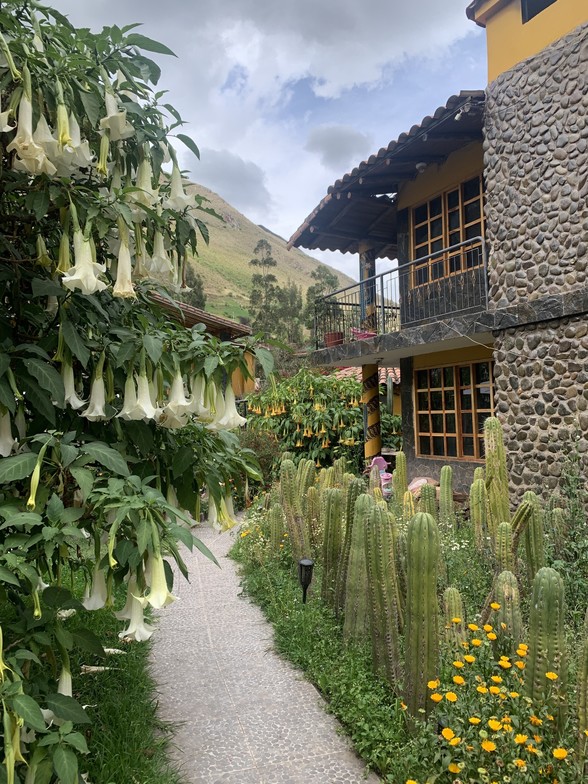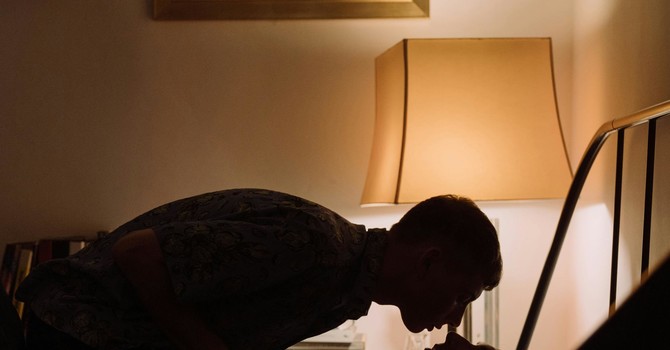
Psychedelics are increasingly used in therapy to treat anxiety, depression, and trauma. But what happens when a psychedelic experience doesn’t lead to healing—and instead causes more distress?
As a therapist and someone who has personally experienced this, I want to talk openly about psychedelic trauma: what it is, how to recognize it, and how to heal.
What Is Psychedelic Trauma?
Psychedelic trauma refers to emotional or psychological harm that can occur during or after a difficult psychedelic experience—often called a bad trip. These experiences may trigger unresolved trauma, bring up overwhelming content too quickly, or leave you feeling disoriented and alone. Without the right support, they can lead to lasting symptoms.
Why Does Psychedelic Trauma Happen?
While psychedelics can be powerful tools for insight and healing, they are not inherently therapeutic. Factors like set and setting, dosage, and the presence of a skilled guide or therapist all influence the outcome. When a journey is poorly supported or too intense, it can result in feelings of panic, fear, confusion, or dissociation that linger long after the trip ends.
Common Signs of Psychedelic-Induced Trauma
If you’ve felt worse after a psychedelic experience, you’re not alone. Signs of trauma may include:
-
Increased anxiety or depression
-
Nightmares or intrusive thoughts about the experience
-
Feeling disconnected from your body or surroundings
-
Avoiding certain places, people, or memories related to the trip
-
Ongoing fear or confusion about what happened
These aren’t just “bad trips”—they can be signs of trauma from psychedelics that deserve real care and attention.
Why Support Matters: Before, During, and After
One of the most overlooked aspects of psychedelic therapy is how much preparation, dosage, and post-journey support matter. Without a framework for integration, a profound or distressing experience can feel destabilizing instead of healing.
If you’re considering working with psychedelics, or trying to recover from a difficult trip:
-
Choose a trauma-informed guide or therapist. Not all facilitators are trained to recognize or support trauma responses.
-
Start with a thoughtful dose. Bigger isn’t always better.
-
Integration therapy is key. Processing your experience with someone who understands both trauma and psychedelics makes a big difference.
Healing Is Possible
Feeling worse after a psychedelic trip doesn't mean something went wrong with you. It means something important may have been stirred up—and it needs care.
At our Ontario-based psychotherapy clinic, we help clients understand, process, and heal from psychedelic-induced trauma. Whether you had a bad trip, feel confused by an experience, or are struggling to integrate something intense, support is available.
Final Thoughts
Psychedelics can open the door—but they don’t walk us through it. And sometimes they open a door we weren’t ready for. If you’ve been left feeling worse, know that healing psychedelic trauma is possible, especially with the right guidance.
Monica Lau
Contact Me



